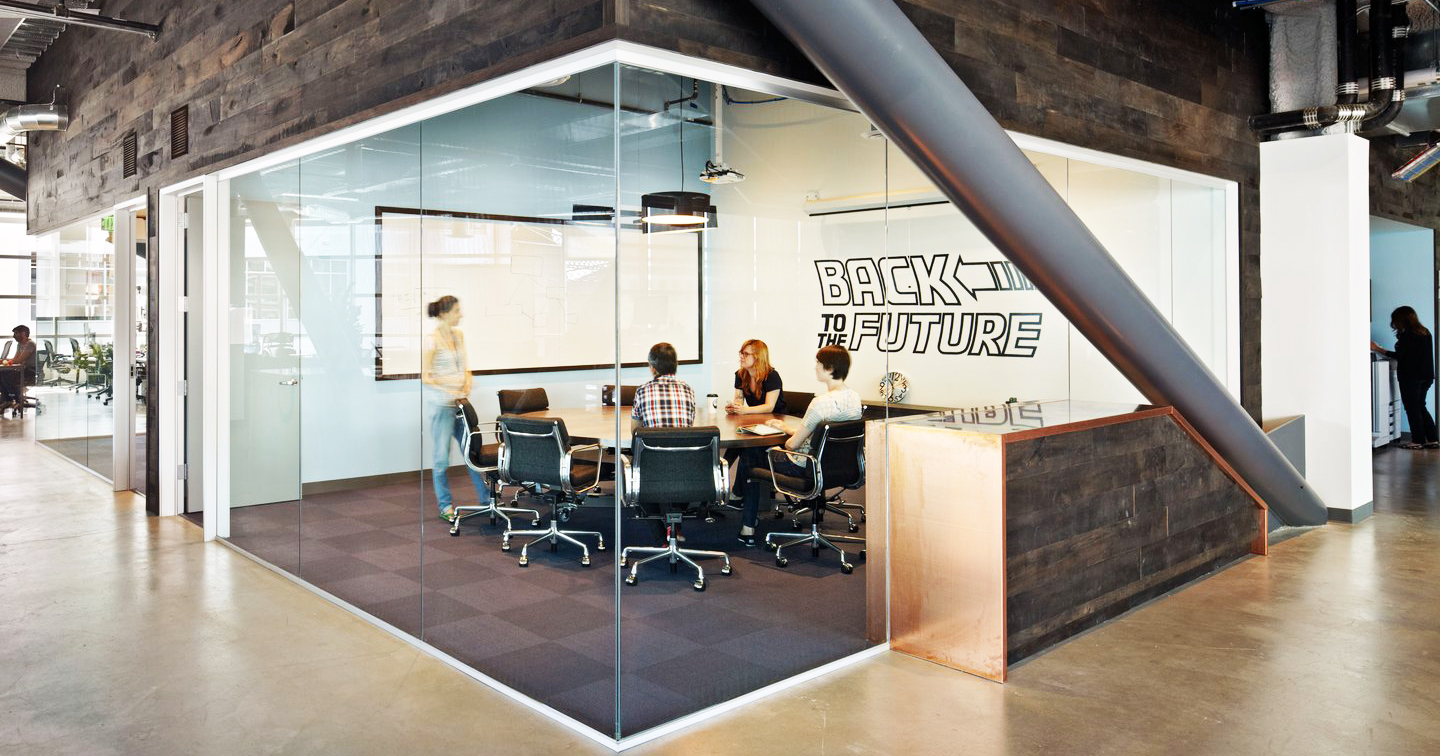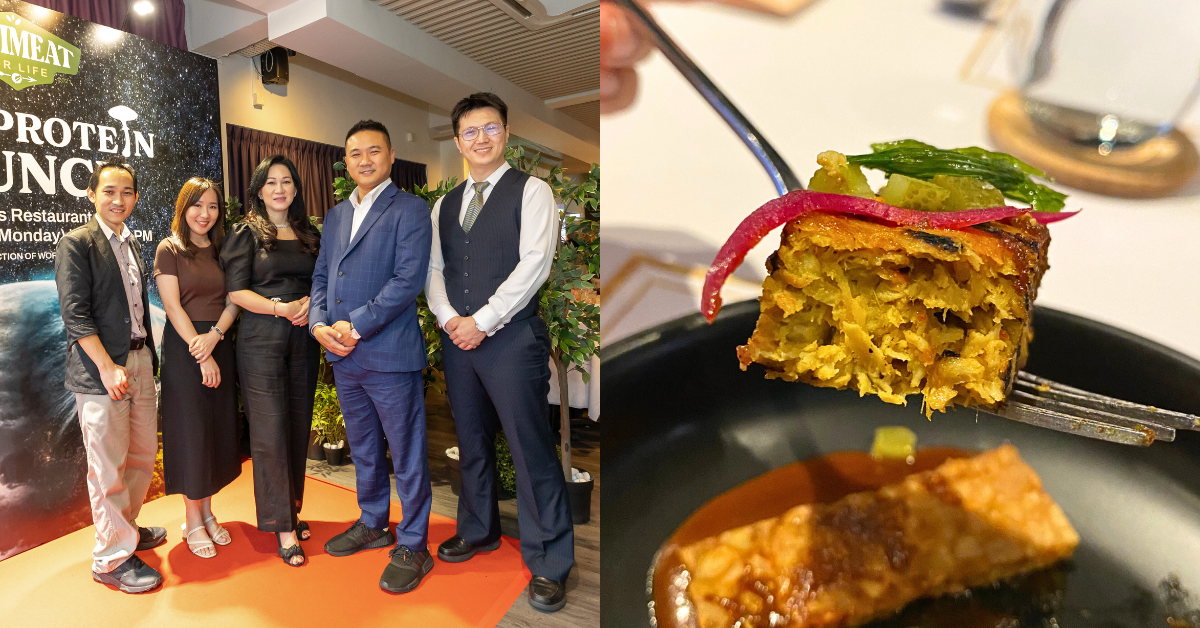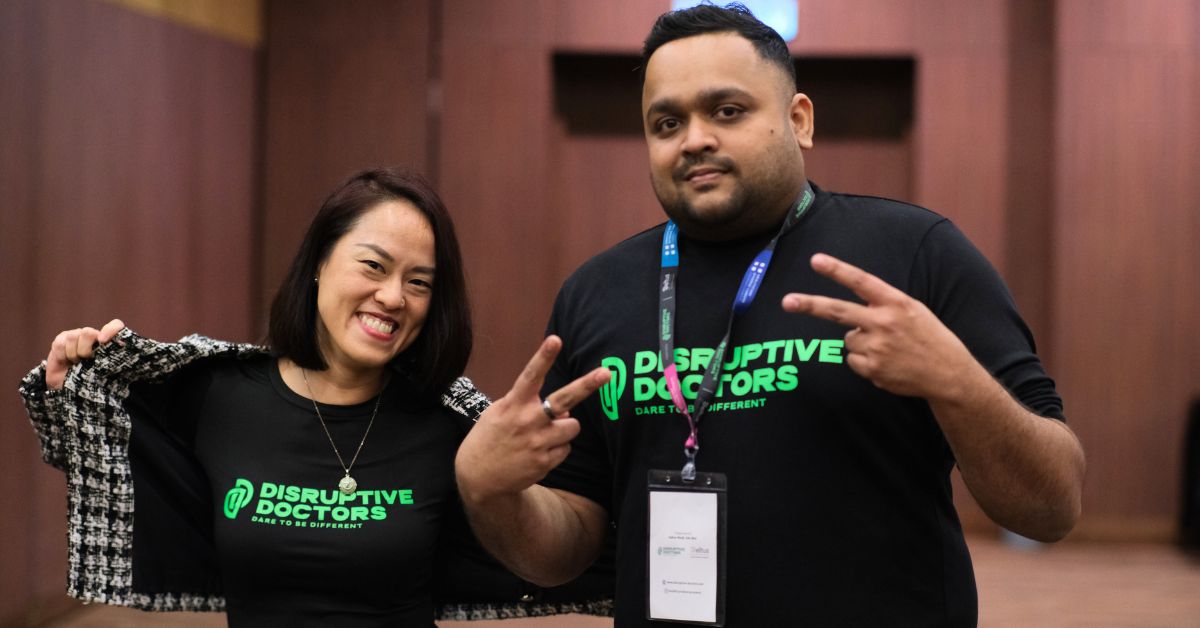It was lunchtime on a dreary Tuesday, and I found myself seated in a room full of office wear-clad individuals. It wasn’t long before I realised that the large majority of them were older than myself, ranging from those (I guessed) in their early 40s to their early 50s.
With a keen interest in whatever the speakers of the day were saying, Q&A sessions at the end of every speech were refreshingly robust, given the usually subdued (that’s putting it nicely) nature of Singaporean audiences.
This was especially so when it came to the third presentation, which involved a Mercer Learning Leader, Ms. Joanna Yeoh, who went through a study her agency did with the World Economic Forum entitled The Future Of Jobs.

It’s no surprise, given that ‘future’ and ‘jobs’ are keywords that keep appearing in our newspapers and in the soundbite of our ministers these days – and the context is always bleak.
The recent labour market report released at the tail end of October revealed that while overall unemployment rate remained unchanged from June at 2.1% and the number of people employed fell by 3,300 to contractions in construction and manufacturing, affecting mainly work permit holders.
The reasons for the negative trend in the labour market are ones we’ve heard time and again – yes, that dreaded ‘D’ word, disruption.
In fact, the Monetary Authority of Singapore (MAS) has also recently come out to state in its biannual Macroeconomic Review that it is a “combination of slow economic growth and […] increasing skill mismatches” that has been keeping laid-off workers struggling to find a source of income.
The hardest hit group of workers were also identified to be the PMETs – professionals, managers, executives and technicians, the very group that I was sharing the same holding room as.
Oh wait, even I am a PMET myself!
But back to the point – disruption has been hitting industries and jobs at unforgiving rates, and while Singapore has been experiencing a move towards “higher value-added, niche sectors – such as medical technology and data analytics – in a bid to maintain its competitive edge”, human workers simply cannot evolve and adapt as quickly as technology.
Singapore is also unable to block off disruption from global trends, and doing so is simply shortsighted, and that’s also a reason as to why The Future of Jobs report was so interesting, and so vital to decipher.
Distilling The Important Bits From 167 Pages
In a study that spanned over 371 global organisations, 13 million employees, 15 major developed and developing economies and 9 industries, the report aimed to inform its readers about the changing landscape of work in the years 2015 to 2020.

Not surprisingly, a lot of the impact from the identified drivers of change are already being observed, and they have similarly been buzzwords we hear being thrown around in conversations – both online and off.
Once foreign to many, instances of these terms in action have become so ingrained in our modern lives, we have forgotten how life was before these (in)conveniences were brought about by disruptive technology.
But perhaps the infographic that got the most attention was the one about net employment outlook in various job sectors.

Due to robotisation, automation and yes, disruption, administrative and manufacturing jobs are inevitably going to be replaced by the more efficient, non-human counterparts.
In fact, Ms. Yeoh, our mentor for the day, revealed that “35% of core skills will change between 2015 and 2020, and skill sets will need to change even in the most stable jobs”.
Newsflash: It’s already the end of 2016.
“Oh, this is another reminder to take up skills development courses in data analytics etc. right? I get it, I get it,” you might be thinking by now.
Not exactly, because while the necessity of getting relevant skills onto your resumé has long been a point driven home, many don’t actually know where, and how to apply them.
This is where the most important takeaway from the lunchtime session comes in – why startups and the spirit of the millennials that run them are beneficial for both young and older workers.
Startups – Not Just For Millennials

Given that the demographic of the room consisted mostly of workers with at least 10-20 years of working experience, many of them come from a time when the term ‘startup’ is almost unheard of, and self-founded businesses were a venture more or less limited to those with financial capability.
These days, millennials are increasingly taking the leap of faith and launching startups using the skills they have, especially being so used to experiencing constant change and disruption of traditional models on a daily basis.
In an environment which requires more collaboration vs. the traditional way of ‘striking out’ on your own, these millennials have also developed more keen networking skills, in order to pick up contacts that might become useful to them in the long run.
However, even with their tech-savvy skills and gung-ho attitude, there’s one thing that only time and years of hard work can give – experience, especially in management. And this is where older workers can lend their years of acumen and know-how to the younger generation, leveraging on their experience to guide and advise the management team.
Making Work, Work
Throughout the various speeches made, one takeaway always stood out – being open-minded to finding employment in startups.
While startup life admittedly has its disadvantages, like lower pay and a less straightforward career path, its benefits are also future-ready.
As compared to large corporates which have been freezing employment, startups are constantly looking out for people to join their team and their relatively flat hierarchy also means that the one who hired you is also the one you’re splitting the cab fare home with, and these off-work encounters are perfect for brainstorming and mutual exchange of ideas and lessons.
Most importantly, skills are also nothing if they are only on paper and not in practice, and startups are more able to give you that chance to work on a small project and apply your newfound knowledge.
Once again, remuneration might not be superb, but a finished product which you can show off speaks much louder than a laminated certificate.
Your Start Is Now
Singapore has been identified as an entrepreneurial hub by an article in the Harvard Business Review, which emphasised that we have “a hospitable environment for startups, serious government skin in the game and the use of soft power to address hidden barriers to entrepreneurship”, which are vital factors contributing to the growth of a startup ecosystem.
The Singapore government has also given its personal endorsement for startups, for example, initiatives from the Media Development Authority (MDA), Infocomm Development Authority (IDA) and SPRING Singapore, alongside funds and schemes such as the University Innovation Fund (UIF), Proof-of-concept (POC) grants, Early Stage Venture Capital (ESVF) and Technology Incubation Scheme (TIS), have helped startups to take a confident step forward with their ideas.

In 2015, over 300,000 Singaporeans were reported to be hired by startups, and by the rate that startups are growing, and Singaporeans are moving towards new forms of employment, the numbers are just set to keep growing.
As for the ways that Singaporeans can get a heads up on the skills needed, and the positions available, the National Trades Union Congress (NTUC) has announced that on 1 Jan 2017, it will be launching a new initiative – Future Jobs, Skills and Training (FJST) to “identify work opportunities of the future to help better match workers to up and coming jobs”.
Announced by NTUC assistant secretary-general Patrick Tay on 1 Nov, it will work with “unions, professional associations, government agencies, consultancies and educational institutes to identify these opportunities”. The findings would then be disseminated to training providers and institutes of higher learning so that they will be able to develop more relevant skills and courses for Singaporeans.
A one-of-a-kind Innovation Exchange Programme (IEX) by NTUC which will be launched next year would allow PMEs to visit the innovation labs of MNCs such as DHL, Intel, Mastercard, Microsoft, Procter & Gamble and Unilever etc. These labs would be open to the public for the very first time and participants would be able to meet key innovators at roundtable discussion session and gain insights into how to develop “disruption” in their respective scopes of work.
There’s much for Singaporeans to benefit from, but just like anything, initiative needs to be taken by Singaporeans themselves to retrain and reskill, get connected, and stay relevant – and one of these ways would be through acknowledging that startups are increasingly defining the landscape of work.
Startups aren’t just a playground for millennials who refuse to take the well-trodden path of corporate employment anymore – they are the new employment of Singapore.
The Labour Movement wants you to know that startups aren’t just for millennials – they are for everyone, and anyone who wants to be at the forefront of our rapidly-evolving future.








